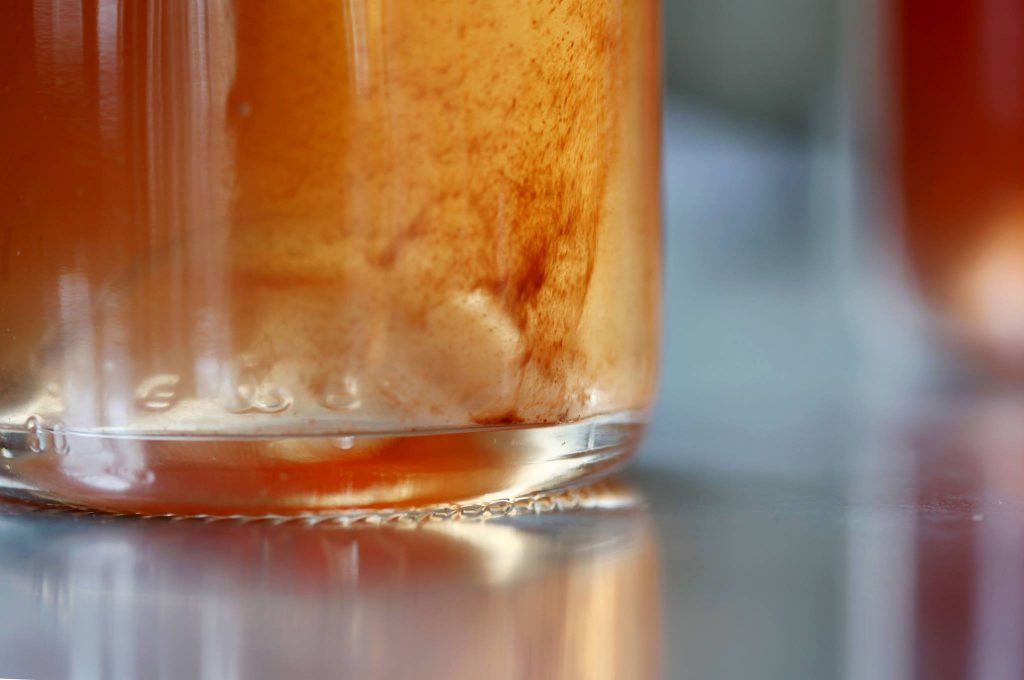
When people ask me to define natural wine, I have this abiding image of myself taking a hammer and trying to nail jelly to a wall. Definitions are always beset by the problem of nomenclature at one end, the defining of the terms that you are using to define the terms, and by our sense of like/dislike at the other as a result of the intellectual baggage that we always carry with us.
If I use the words “natural” and “wine” in polite company, I will elicit reactions across the spectrum, based on previous encounters or, more likely, what people have read or heard. There is no substitute for experience and this involves tasting with an open mind and an open heart and as much feeling as we can muster, talking to farmers and winemakers and experts, in short, understanding context. My definition is always broad and unencumbered by too much precise detail. For me, it is a question of degree – human judgement and intuition, the role of the vigneron(ne) being not someone who makes the wine, but rather accompanies, oversees and occasionally guides the transformation of the wine from grape to bottle sans chemical additions or superimposing interventions, the overall objective being not to denature, not to correct, not to try to improve, not to remove nor strip out essential flavours. It is a fine line, of course, and preventative measures are occasionally necessary so that the wine does not become faulty or fall prey to bacterial spoilage. A natural vigneron is never a laissez-faire one, rather one who is both vigilant in the vineyard and the cellar, constantly in touch with the vines, always tasting and making the best non-chemical decisions on behalf of each and every tank and barrel of wine.
When people ask me to define natural wine, I have this abiding image of myself taking a hammer and trying to nail jelly to a wall.
And so to the second part of our quasi-definition. A natural wine is not about the numbers; it is about the feel of the wine itself, and the feeling it engenders in you when you taste it. When you taste these wines, you tend not to taste technique nor think about the thought processes behind the thousand decisions that make up the wines, or analyse their component elements, those building blocks that have been bolted together in the winery. You experience the wine as a “fluid whole”. When I experience great natural wines, here are the senses that are evoked:
- Sense that the wine is free. Free from the corsetry of stylised winemaking that can place wine into a restrictive framework. Free from the disjunctive tropes of winemaking, wherein more and more interventions make the wine less and less of itself. Somehow a liberated wine demands to be respected on its terms; through its energy it reaches out to us and does want to be shaped by our expectations of what any wine should be like.
- Sense of fluidity from an incisive liquid that arcs across the tongue and moves throughout the mouth ricocheting across all parts of the palate.
- Sense of mutability in that a natural wine can be one living thing – or something completely different, and may be continuously changing and developing through the natural processes of reduction and oxidation, becoming now open, now closed. Natural wine is protean, never one-bottle one-flavour, but lots of different glasses, each with their unique aroma and flavour.
- Sense of wabi-sabi: the natural imperfections in which we discover real beauty. Natural wines that have edges and angles, irregularities and beautiful flaws, rather than being “faultily faultless” and “icily regular”.
- Sense of transparency – that you can perceive of all the levels and layers of the wine at once, as if you can perceive the heart (and spirit) of the whole wine itself.
- Sense of terroir and minerality deriving from the quality of grapes from beautifully-farmed vines that have delved deep to scoop out nourishing minerals. That these signature qualities are preserved by low-intervention winemaking rather than being disguised by oenological intervention.
- Sense of amplitude and texture from the material of the grapes themselves, the ambient ferment, the malolactic and the maturation of the wine on its lees. All these combining to give the wine the wherewithal for structure and completeness.
- Sense of energy, the almost indefinable impression of vibrancy and vitality in a natural wine, making it a living entity with a singular identity.
Our perceptions are the end of the wine’s journey. So much depends on us and how we react towards wine and the criteria for our judgements. The constituents of the wine – the material, as I call it, are one element in the equation. Professional tasters will tend to view wine as a product to be assessed for faults and evaluated for its qualitative credentials. In this tasting environment, all wines are thus required to fit the preconceived notion of what is good. But our protean natural wines don’t easily slip into this kind of categorisation. Amateur tasters may also feel uncomfortable with flavours and textures that are not on the “approved spectrum.” When I doing a tasting, people will often observe “this wine reminds me of cider”, or “it smells like my local bakery”. Wine is naturally evocative; there is an overarching idea that wine should smell and taste of specific things – certain signature flowers and fruits. In other words, wine needs to appeal to our desire to recognise and compartmentalise it. Yet wine has the capacity to unlock the almost unlimited potential of our imagination, and natural wines, by their very warp and weft, will remind us of something totally different to clean and techno-cultured wines. The important thing is to keep the keys to those doors of vivid perception handy!

